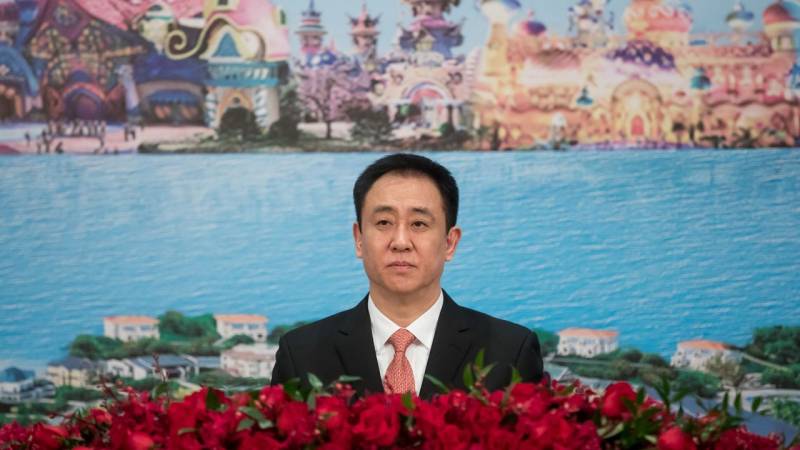The past few years have not been great for the super-rich in China, particularly those who built their fortune in the country’s once red-hot property market. The net worth of Hui Ka Yan, chairman of real estate developer China Evergrande, has plunged nearly 93%, according to the Bloomberg Billionaires Index. Once the second-richest person in Asia, Hui’s wealth has fallen from $42 billion at its peak in 2017 to about $3 billion, Bloomberg said. Evergrande is China’s most indebted developer with $300 billion in liabilities and has been at the heart of the country’s real estate troubles since 2021.
Hui, also known as Xu Jiayin in Mandarin, used his personal wealth to prop up his embattled company, selling his houses and private jets. But that was far from enough and Evergrande defaulted on its US dollar bonds in December 2021 after scrambling for months to raise cash to repay creditors, suppliers, and investors. Last year, the firm failed to deliver its preliminary debt restructuring plan, leading to further concerns about its future.
Evergrande is massive: It has about 200,000 employees, raked in more than $110 billion in sales in 2020, and owns more than 1,300 developments in more than 280 cities. Analysts have long been concerned that a collapse of Evergrande could trigger wider risks for China’s property market, hurting homeowners and the broader financial system. Real estate and related industries account for as much as 30% of GDP.
But Hui isn’t the only one who has seen massive wealth destruction lately. Elon Musk, the CEO of Tesla, SpaceX, and Twitter, has become the first person ever to lose $200 billion in wealth, according to Bloomberg last month. The bulk of Musk’s wealth is tied up in Tesla, which saw its stock plunge 65% in 2022.




